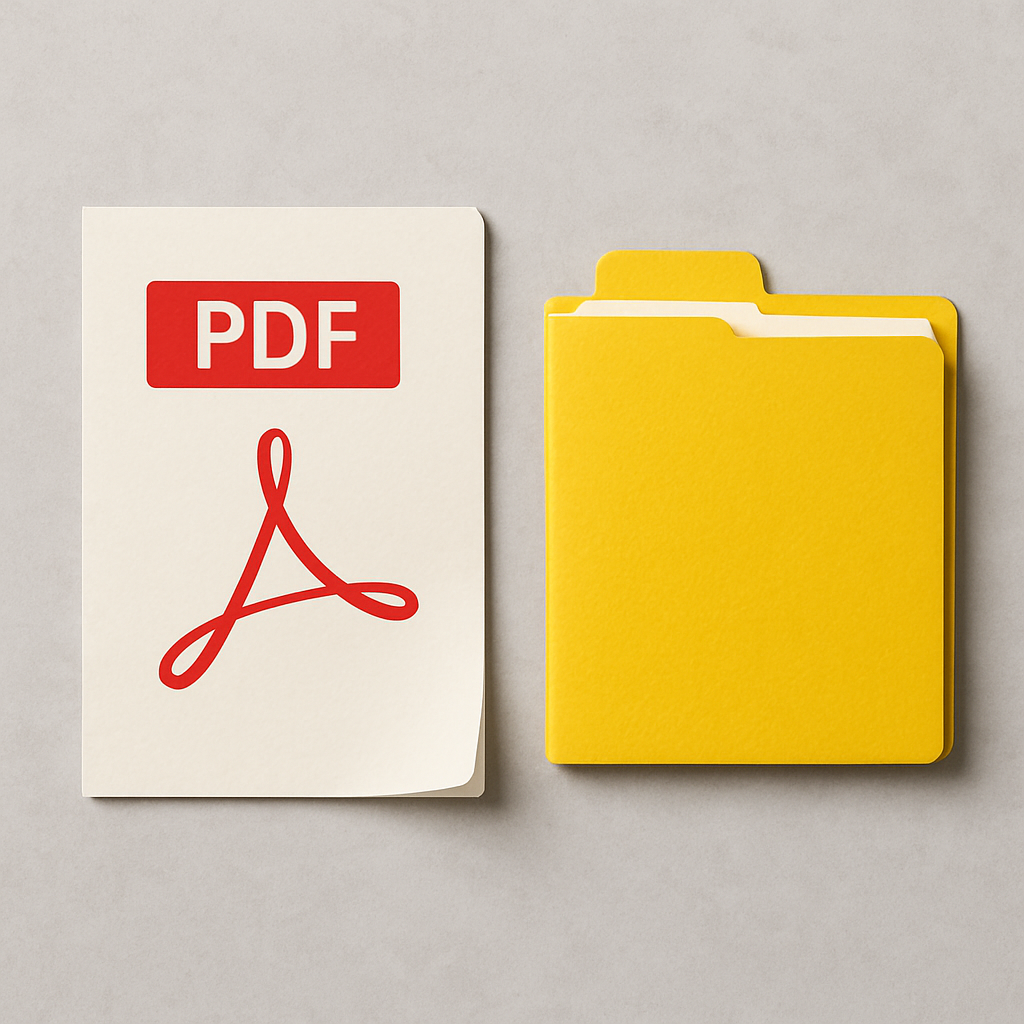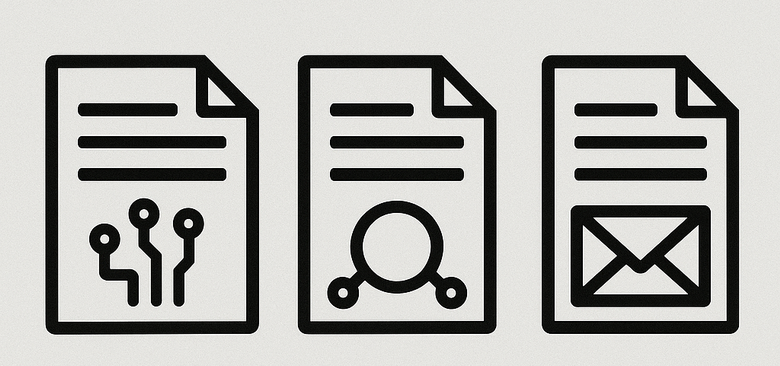Seriously, Why Would You Even Need to Turn a PDF into a Bitmap?
Yeah, it sounds a bit niche, right? But once you dig into it — there are solid reasons. Maybe you’re messing with some throwback software that only speaks BMP. Or maybe you just want a clean, lossless image copy of a document page without all the interactive bells and whistles.
Quick geek trivia: BMP, short for Bitmap, has been around since the early ‘90s. It’s chunky, detailed, and totally uncompressed. Basically, it’s the heavyweight champ of old-school image formats.
PDFs Are Flexible — Bitmaps Are Brutal
Portable docs are like digital Swiss knives. They pack in text, hyperlinks, graphics, and fonts. But if you just need a what-you-see-is-what-you-get image — no hidden stuff, no formatting tantrums — bitmaps are the better bet.
Here’s the kicker: open a PDF on your phone, laptop, and smart fridge — it might look slightly different on each. A bitmap snapshot? Always the same, everywhere.

What Exactly Does This Magic Converter Do?
This handy tool grabs each page of your portable file and flattens it into a graphic. It’s like freeze-drying your document into a photo. Doesn’t sound too complex, but when you’ve got 100+ pages or embedded images galore? Not exactly a breeze.
Most good utilities will let you:
-
Pick your image resolution and color depth.
-
Handle multi-page exports.
-
Get a pure, artifact-free bitmap for each page.
When Does This Actually Come in Handy?
There are way more situations than you’d expect where turning a PDF into raw image files makes total sense.
Let’s count a few scenarios:
-
Retro software compatibility – Some ancient apps just refuse to evolve. They want bitmaps and nothing else.
-
Precision printing – For pixel-accurate output with zero compression blur.
-
Digital archives / forensic stuff – Lock the visuals exactly as they appear for legal or research purposes.
How to Pick a Good Conversion Tool (Without Pulling Your Hair Out)
There are a million options out there. Some rock, others are digital junkyards. You’ll wanna keep an eye out for these features:
-
Batch processing (because who’s got time for one-page-at-a-time hell)
-
DPI customization (hello, print quality!)
-
Full offline support (for those top-secret files)
-
No sneaky watermarks or hidden paywalls
And hey — if you’re the type who loves typing into terminals, you can go full control freak with command-line programs.

Online vs Desktop Converters — Who Wins?
Sometimes you need fast results on the go. Other times, you’re off the grid. Here’s how the tools stack up:
| Feature | Web-Based Tools | Desktop Programs |
|---|---|---|
| Speed | Instant (with solid Wi-Fi) | Depends on your setup |
| Privacy | Risky for sensitive stuff | Totally local |
| Bulk Conversion | Rare | Usually supported |
| Tweak Options | Minimal | Full-featured |
Wrapping It Up With Style
Using a PDF-to-image converter might not sound glamorous, but when accuracy and quality are non-negotiable, it’s your go-to move. Whether you’re breathing life into ancient apps, prepping for industrial-grade prints, or archiving visuals, this tool’s a game changer.
And if anyone asks why you’re converting a document into a massive bitmap? Just smile and say: Because crisp visuals never go out of style.
